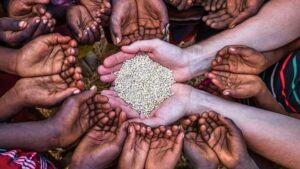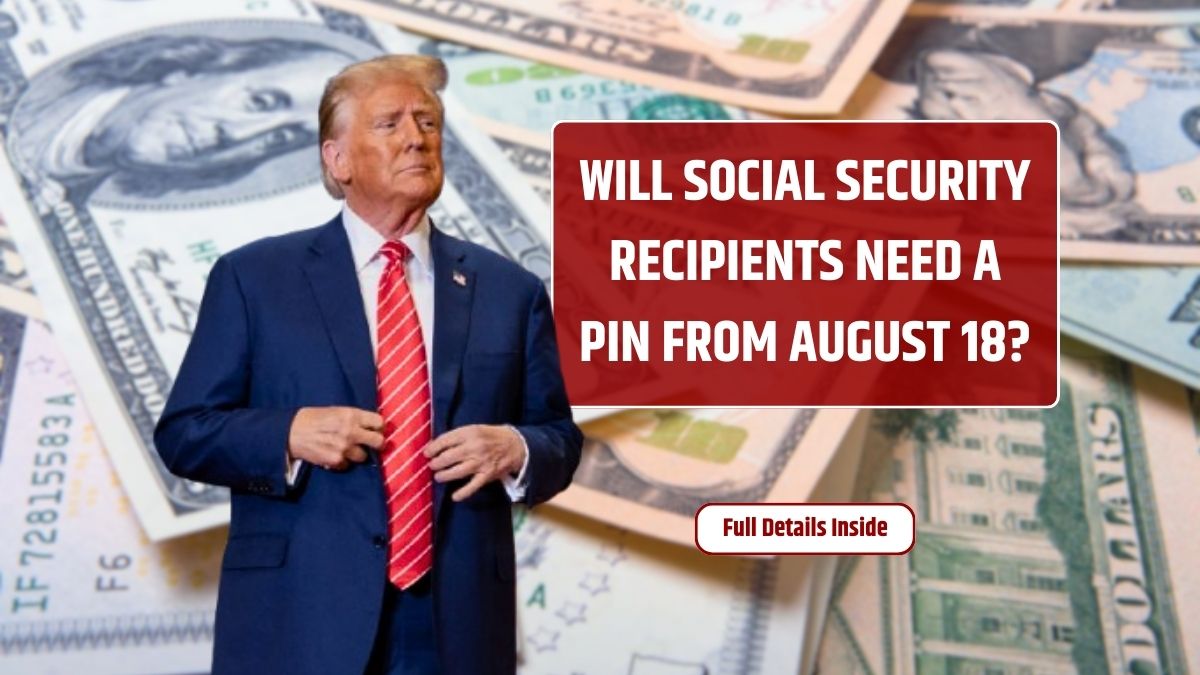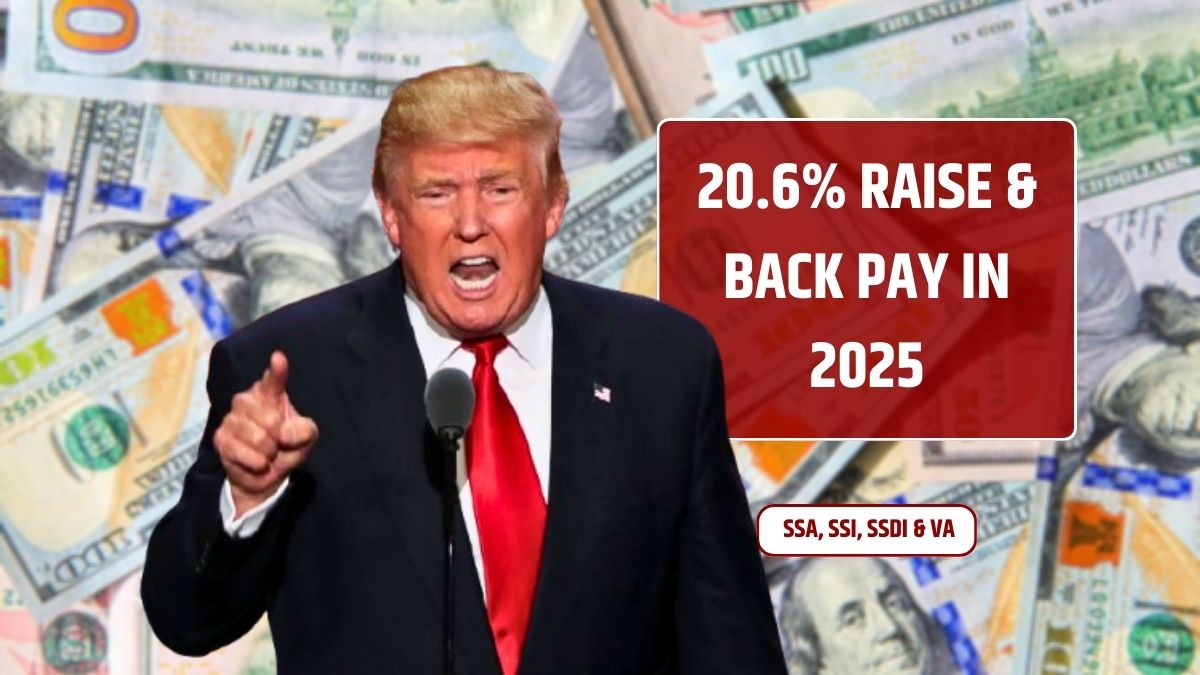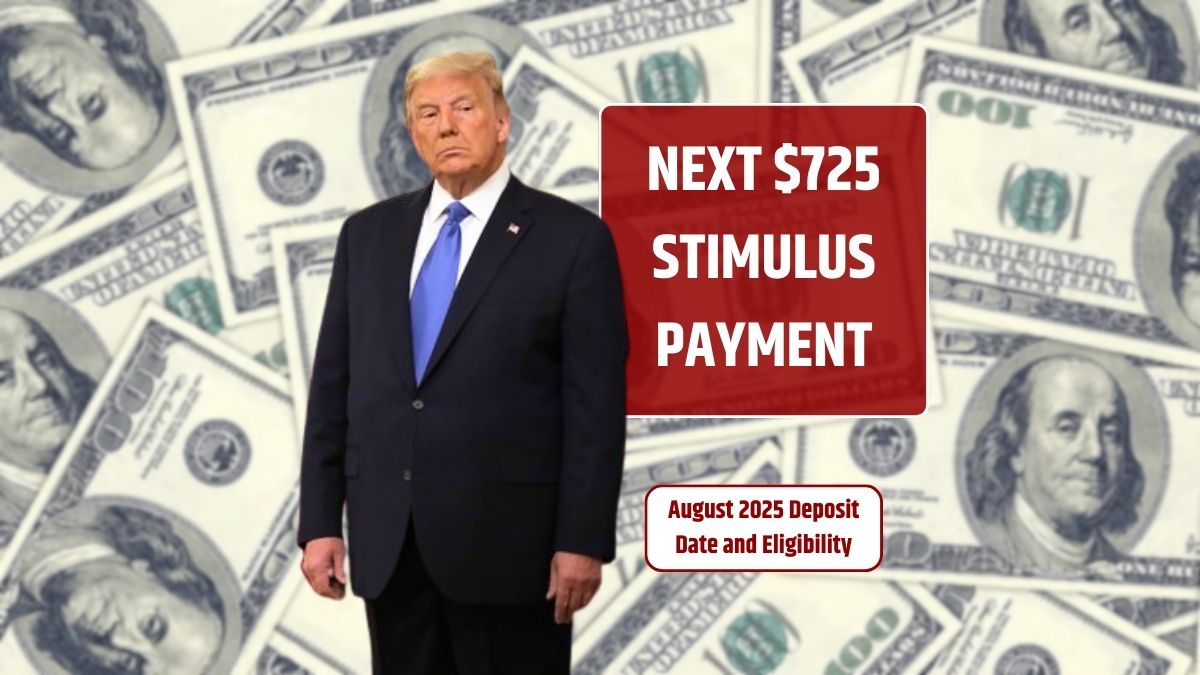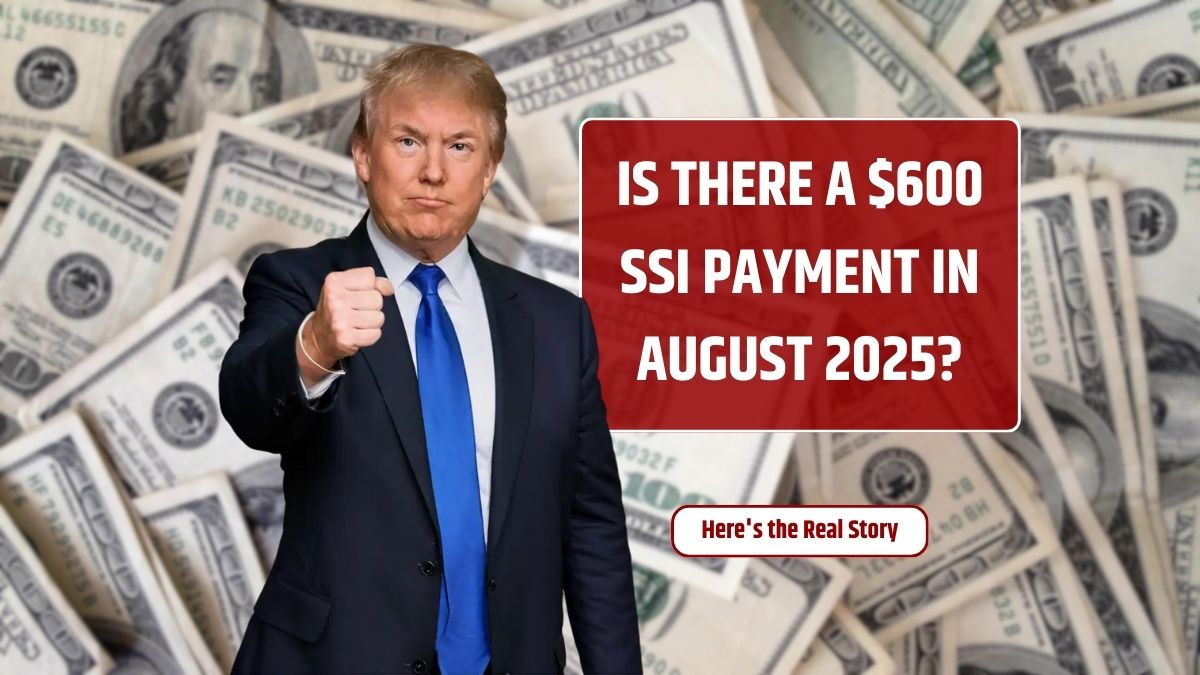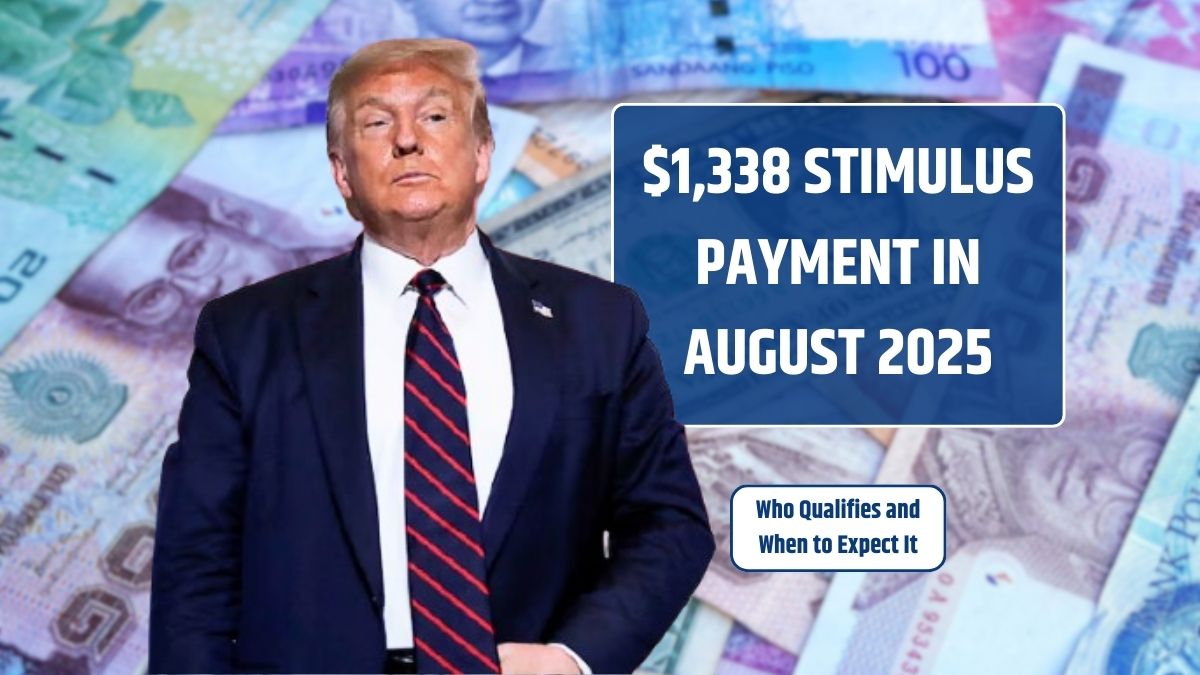Global health is going through a major shake-up. With the U.S. slashing funding and shifting priorities under the banner of “America First,” what was once a proud pillar of U.S. foreign policy now finds itself on shaky ground. A $12 billion-a-year effort is being sidelined, and the ripple effects are being felt worldwide.
But is this the end—or a chance to start over?
Collapse
Let’s rewind a bit. The modern version of global health was born out of the global fight against HIV/AIDS. The U.S. took the lead through PEPFAR—the President’s Emergency Plan for AIDS Relief—launched in 2003. It was the biggest bilateral health program ever, focused on a single disease, and it redefined the field.
Thanks to PEPFAR, African countries received life-saving treatments, built medical systems, and trained health workers. But this progress came at a price: deep dependence on U.S. funding. Even when global financial crises hit or new ideas about health financing emerged, the U.S. kept writing the checks. Big grants mostly went to American institutions and NGOs to deliver care overseas.
Now, that model is crumbling. After COVID-19 and a rising tide of nationalism, many Americans see global health not as a noble cause, but as a luxury, or worse, a burden. When the newly created Department of Government Efficiency began gutting USAID in 2025, global health was an easy target—seen as outdated and elite.
Roots
Why did it become so vulnerable? Because it was built around a single disease. And because it relied so heavily on one country’s money and politics. When that country turned inward, the whole system wobbled.
Still, this isn’t the time for despair. It’s a turning point. If global health was once a tool of soft power and Western-led expertise, now there’s a chance to make it more local, more democratic, and more relevant to today’s needs.
Reset
So what would a new version of global health look like? For starters, we need to move away from tackling individual diseases in isolation. Health systems should serve people across their whole lives, not just during outbreaks or emergencies.
Here’s what the focus should shift toward:
| Focus Area | Description |
|---|---|
| Primary care | Local clinics that serve most everyday health needs |
| Health promotion | Helping people take control of their well-being |
| Long-term care | Supporting people with chronic illness and ageing-related conditions |
This change is urgent. Populations everywhere are ageing. As older adults outnumber children, health systems need to manage multiple diseases—not just malaria, HIV, or TB, but heart disease, diabetes, dementia, and more. The current fragmented model simply can’t handle that.
Equity
The second big shift? Equity. Low-income countries, especially in Africa, need to lead in designing their health systems. That means spending more on health domestically and fixing the systems that block fair distribution of resources—things like corruption, debt, and tax evasion.
At the same time, wealthier nations need to pay their fair share—but not control how every dollar is spent. Global health must become a true partnership, not a handout.
Messaging
Then there’s the political problem: making global health matter to people in high-income countries, especially the U.S., where voters are skeptical of foreign aid. To rebuild support, advocates need to speak to people’s real concerns—about job loss, economic anxiety, and corporate greed.
It’s about telling a better story: global health as a shared defense, not a foreign giveaway. A safer, healthier world helps everyone. You can’t stop pandemics or drug resistance by closing borders.
Future
Will the U.S. lead this transformation? Maybe. But it doesn’t have to. In fact, it probably shouldn’t. True progress will come when global health is shaped by the many, not just the few. African governments must take the lead. The international community must support, not dictate.
So yes, the current system is broken. But this might just be the moment to build something better—from the ground up.
FAQs
Why did the US cut global health funding?
Due to political shifts and domestic focus under ‘America First’.
What was PEPFAR?
A major US-led program fighting HIV/AIDS in Africa.
What’s the new vision for global health?
Integrated care across all ages, not just disease control.
How can Africa reduce dependence?
By leading its own health planning and boosting domestic funding.
Will the US still play a role?
Yes, but leadership must be more shared and balanced.




